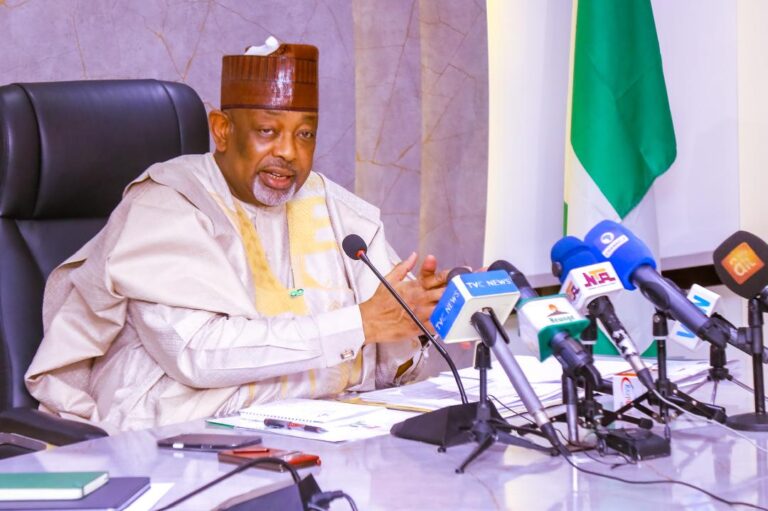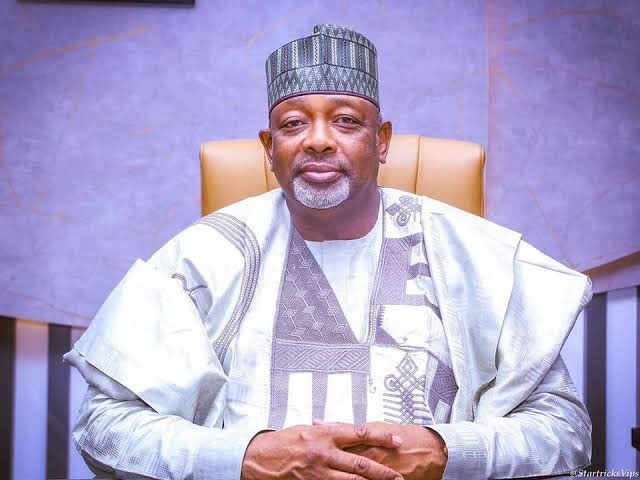The Nigerian government has refuted claims by the North-East Caucus of the National Assembly that the region was excluded from the $530 million Special Agro-Industrial Processing Zones (SAPZ) programme. The Minister of Agriculture and Food Security, Senator Abubakar Kyari, alongside the Minister of State for Agriculture, Dr. Sabi Abdullahi, addressed the media in Abuja, emphasizing that the North-East has not been sidelined and is, in fact, actively engaged in the second phase of the programme.
The North-East Caucus, which includes lawmakers from Adamawa, Bauchi, Borno, Gombe, Taraba, and Yobe, had expressed concern over what they perceived as the region’s exclusion from the initiative. They described it as unjust, considering the North-East is a major livestock hub, and appealed to President Bola Tinubu to intervene in the interest of fairness and national equity.
In response, Senator Kyari clarified that the SAPZ is a Federal Government-enabled project implemented in partnership with state governments, with each state required to formally express interest and meet specific eligibility criteria. He explained that the programme began in 2022, with its initial design taking shape in 2019. At the outset of Phase One, only eight states—Kaduna, Kano, Kwara, Oyo, Ogun, Imo, Cross River, and the Federal Capital Territory—met the necessary conditions for inclusion.

Kyari emphasized that the North-East region is well represented in Phase Two of the programme, with Gombe, Borno, and Bauchi already qualifying for the first tranche. “We have received Expressions of Interest from 27 states, but only 10 fully complied with the eligibility criteria. These include three from the North-East—Gombe, Borno, and Bauchi,” he said. He further explained that Phase Two would be rolled out in three tranches, allowing more states to join as they meet the required standards.
Addressing the concerns raised by the lawmakers, the minister suggested the recent SAPZ events held in Kaduna and Cross River may have contributed to a misunderstanding. He reiterated that the government’s overall policy direction, as guided by President Tinubu’s
Renewed Hope Agenda, is to ensure no state is left behind. “The sweeping statement by the Caucus that the North-East was completely excluded is not correct,” he said.
Senator Kyari appealed to the Caucus to encourage governors of the remaining North-East states—Taraba, Yobe, and Adamawa—to renew their interest and fulfill the eligibility requirements to join in subsequent tranches of Phase Two.

He also took the opportunity to highlight several ongoing agricultural initiatives in the region, including support for 8,000 wheat farmers in Gombe, the establishment of 120 Farmer Empowerment Centres, and projects like ACReSAL and IFAD’s Value Chain-North project, all aimed at boosting agricultural resilience and livelihoods in the region.
Reaffirming the government’s commitment, Kyari stated, “From the plains of the North-East to the riverine belts of the South-South, our agenda is one of shared prosperity, food security, and national development.”
Sources




